- Home
- Online Doctor
- Hayfever
- Cetirizine
Frequently asked questions
-
When does hay fever season occur and why is it more prevalent during certain months?
Hay fever season typically spans late March to September, aligned with increased pollen counts in warm, humid and windy conditions. During this period, trees, grasses and weeds release pollen into the air as part of their reproductive process. The higher temperatures and longer daylight hours contribute to the flourishing of plants, intensifying the pollen concentration in the atmosphere. This elevated pollen exposure heightens allergic reactions, making these months particularly challenging for individuals prone to hay fever,
-
What sets hay fever apart from the common cold and how long does it last?
Hay fever distinguishes itself by persisting for weeks or even months, in contrast to the shorter duration of a common cold, which usually resolves within 1 or 2 days.
-
Can hay fever be prevented or cured and what measures can be takes for symptom relief?
Hay fever, unfortunately, lacks a cure and complete prevention is challenging. However, various strategies can effectively manage symptoms. Our guide provides actionable tips and relief during peak pollen periods.
-
How can I enhance hay fever management at home during periods of high pollen activity?
Self-management plays a crucial role in reducing hay fever impact. Simple measures like using Vaseline to trap pollen, wearing protective sunglasses and keeping living spaces pollen-free contribute to effective symptom control
-
Is hay fever linked to other health conditions and how can it affect individuals with asthma?
Severe hay fever symptoms can significantly impact daily activities. Our guide outlines precautions, such as staying indoors during peak pollen times and avoiding smoke exposure, to minimise discomfort.
Latest Articles
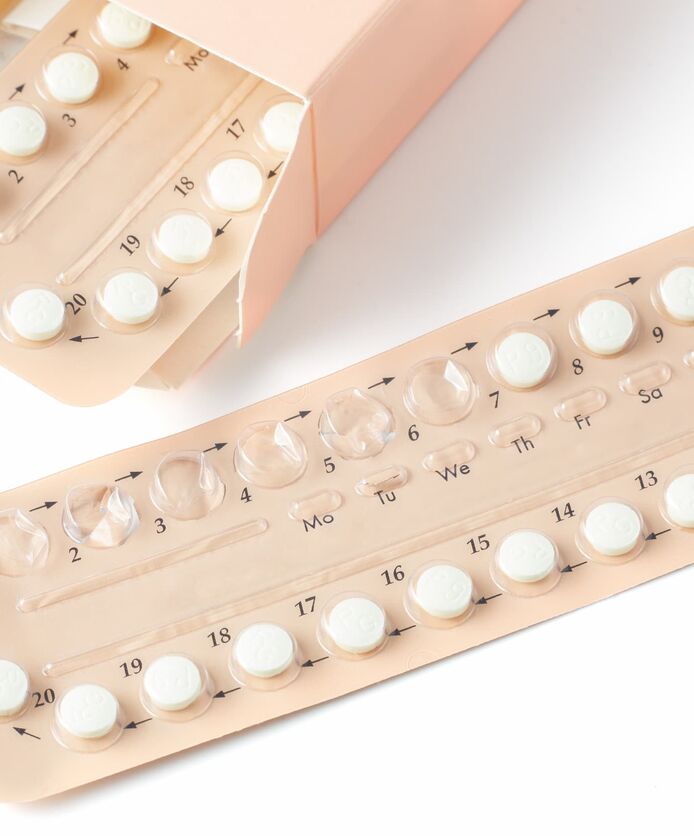
Written by Sobia Qasim, Reviewed by Usma Parveen -
12th February 2025
Which contraceptive pill is best?

Written by Sobia Qasim, Reviewed by Usma Parveen -
12th February 2025
How to get rid of flu
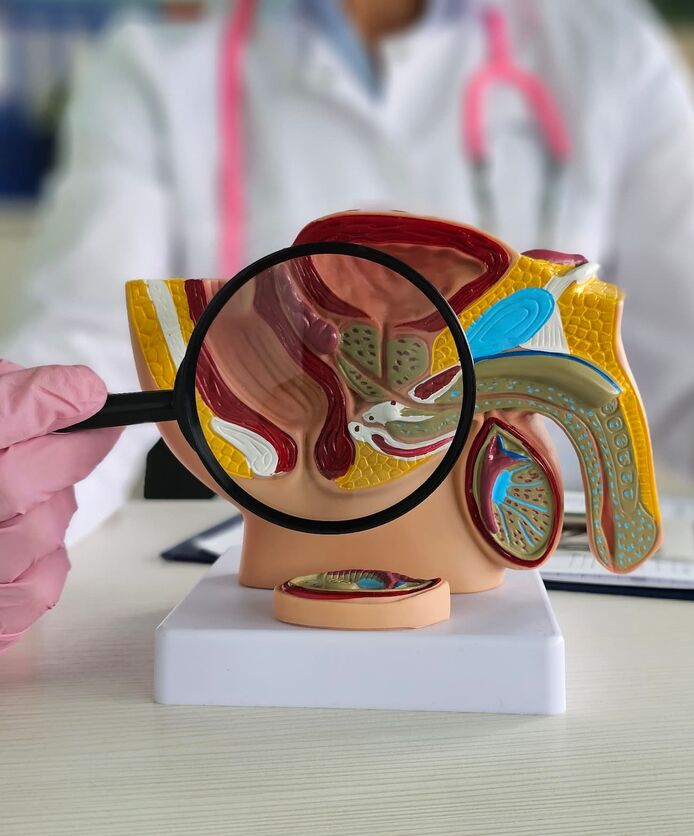
Written by Sobia Qasim, Reviewed by Usma Parveen -
16th December 2024
What causes erectile dysfunction?
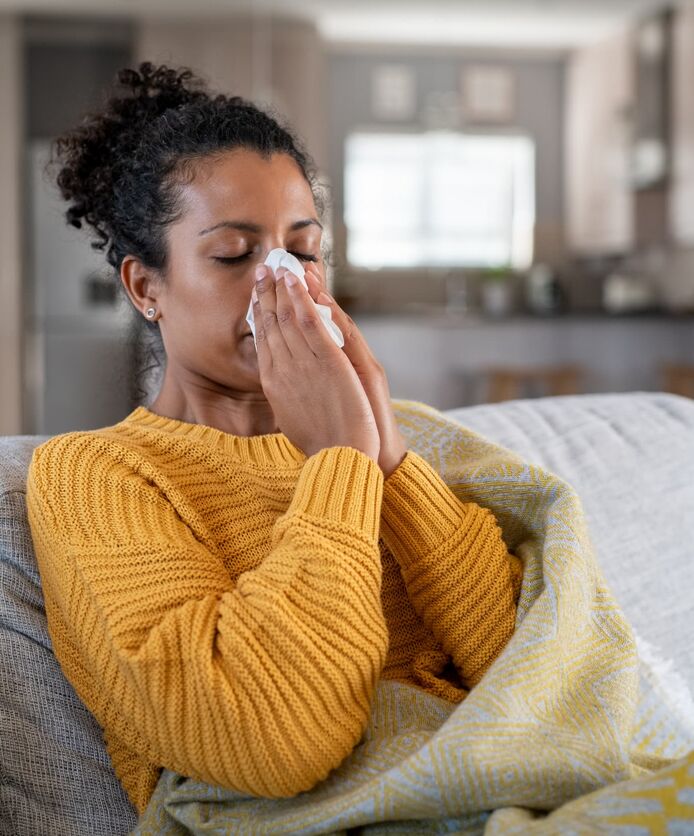
Written by Sobia Qasim, Reviewed by Usma Parveen -
16th December 2024
What are the symptoms of flu?
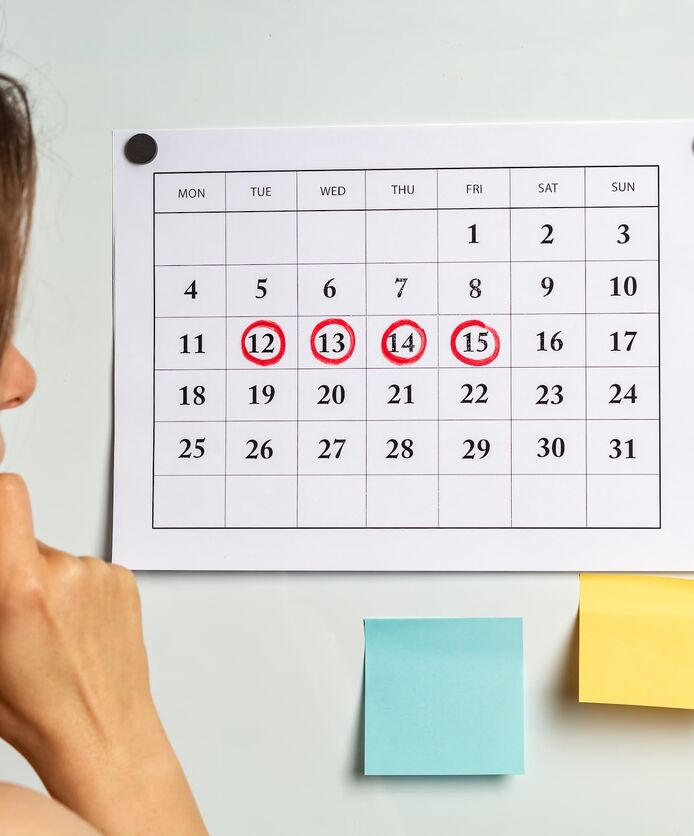
Written by Sobia Qasim, Reviewed by Usma Parveen -
12th December 2024
How to delay your period
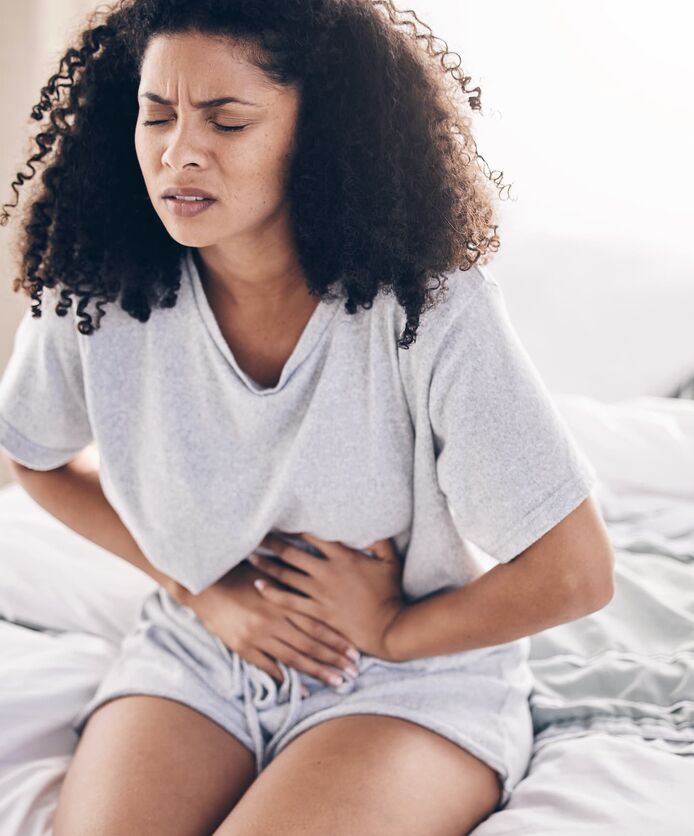
Written by Sobia Qasim, Reviewed by Usma Parveen -
12th December 2024
